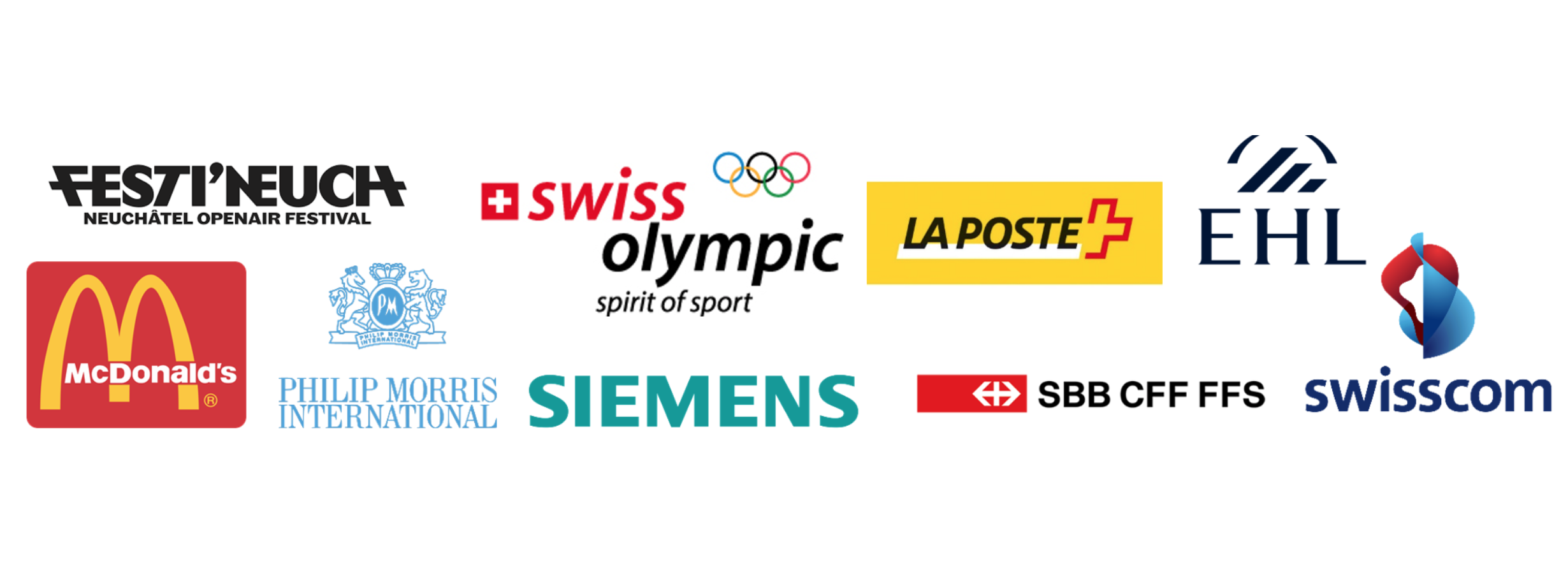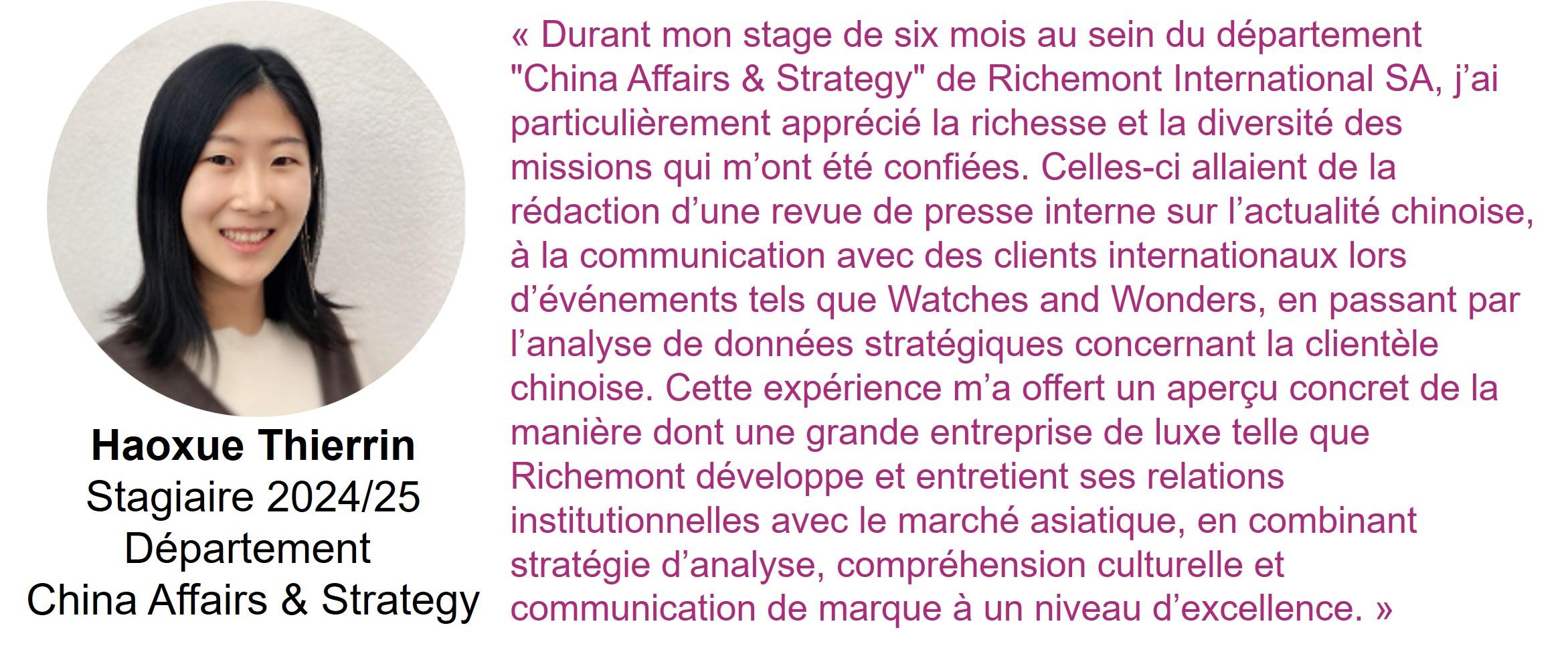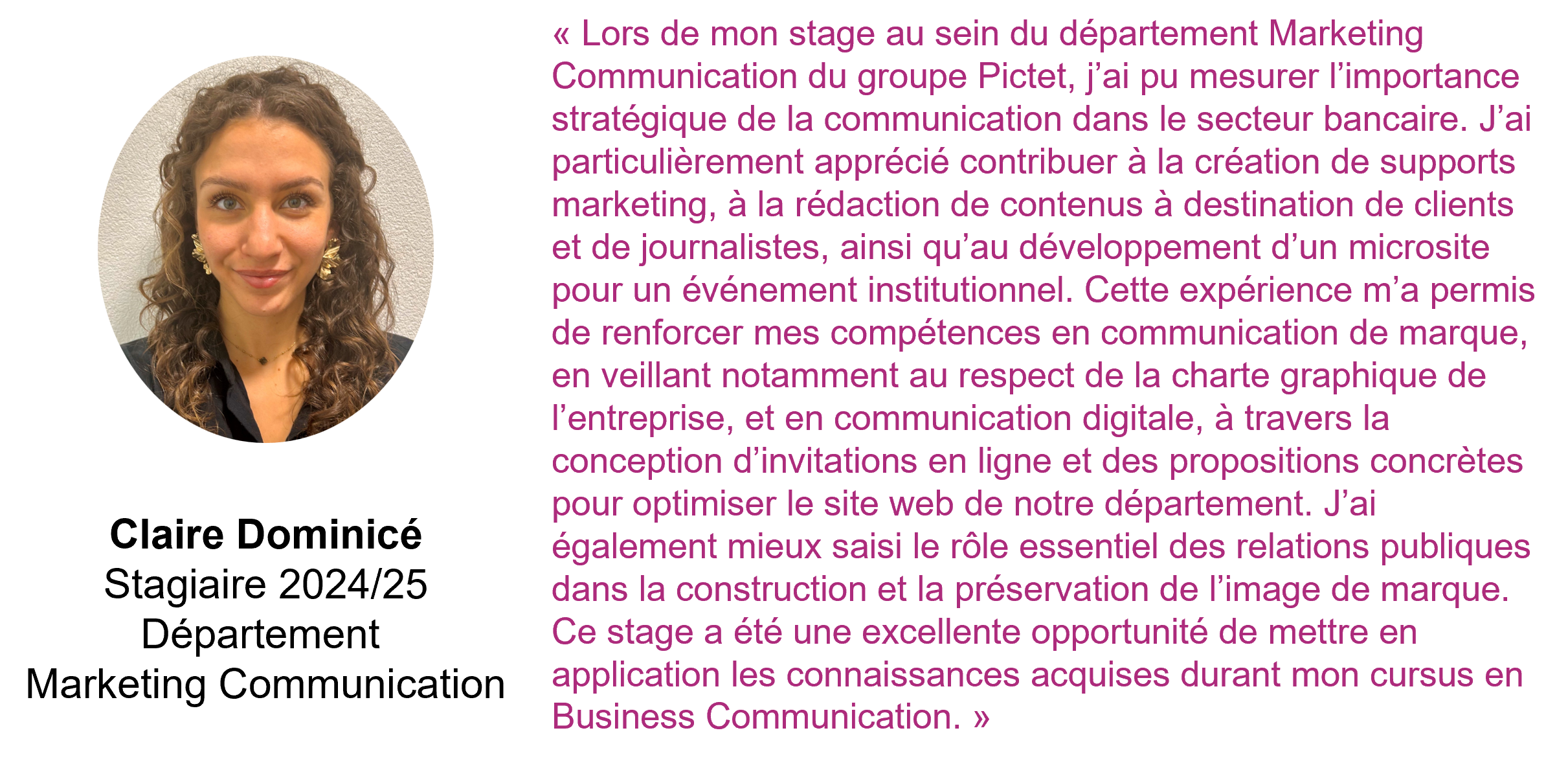Master in Business Communication
Program description
Do you want to learn how to communicate in a digital and interactive world (artificial and virtual intelligence, Web 2.0, social networks, intelligent and mobile networks) while mastering the changing context in which companies evolve? That is precisely the objective of the Master in Business Communication.
This program helps you understand how to anticipate the threats and opportunities of digitalization and to master communication in a new way. Today, it is not enough to build a message that allows you to reach a target audience. It is also necessary to understand how to engage and co-construct a relationship with the different stakeholders.
By choosing this Master's degree, you will be able to fully customize your study program, combining a mandatory module in communication with a specialization in business management, political economy, ethics or management information technology.
Another advantage of this Master's degree is that you will be able to follow courses in French, German and English in order to complete your curriculum with a bilingual or trilingual mention.
For further information, watch our presentation video (in French).
Download
Information brochure 2023/24 Career opportunities
Course plan
Previous information brochure
-
Objectives of the Master
The objective of Module 1 (mandatory) is to deepen three aspects of communication within the framework of a curriculum oriented towards the businesses. The three aspects in question are: strategic communication, digitalization and uses of media, and communication in a digital and media context.
The objective of Module 2 (optional) is to acquire multidisciplinary skills relating, for example, to human resources, financial management, ethics in development and global changes, or social computing, etc.
At the end of the Master in Business Communication, you will be able to
- know the main challenges (digital, or omnichannel) faced by organizations,
- understand the strategic value of reputation and image of an organization
- master many types of corporate communications (product, corporate, social, crisis, etc.),
- master communication tools.
- You will thus be able to meet the challenges of large multinational companies as well as small and medium-sized businesses or non-profit organizations.
-
Study bilingual and apply theory to practice
In the multilingual and multicultural context of the University of Fribourg, you will be able to complete a personalized training course in French, bilingual or trilingual by combining courses offered in French, German and English. To do so, you must obtain at least 40% of ECTS credits in the second language of study (bilingual) or obtain at least 18 ECTS credits in each of the three languages of study (trilingual). If you would like more information on this subject, please refer to the faculty regulations.
Interested? Take a look at our brochure (download PDF)
During your Master in Business Communication studies, you will also have the opportunity to put your knowledge into practice by learning how to manage web media (sites, blogs, etc.), to manage team projects and scientific research or to create links with companies, especially during your final master thesis.
Thanks to our advanced teaching methods, you will have the opportunity to immerse yourself in the world of work through challenges, case studies and multimedia simulations carried out in class. This will allow you to apply the theoretical knowledge they have acquired during your studies.
-
Career opportunities and Placement
At the end of the Master in Business Communication, you will be able to cover a position of responsibility in the fields of communication in companies. For example, our alumni’s current positions include communication managers, digital content managers, employer brand specialists, digital marketing managers, consumer data analysts, online community managers, journalists, public diplomacy specialists, brand managers.
This training also gives rise to academic opportunities, especially as a scientific collaborator, and allows access to doctoral studies. To get an overview of what is done in our department, take a look at the different themes of our research projects.
Report: alumni Master Business Communication

According to a placement survey carried out in 2019, 67% of our former students found a job within 3 months after the end of their studies. 6 months after the end of their studies, 87% had found a job. 52% of our former students are employed in a job.
-
Teaching method: theory and practice at DCM
1. Mandatory or optional courses: Theoretical courses with discussion of practical implications. In these courses, teachers present the main theories and conceptual frameworks that are relevant to the various fields of communication. The objective is to understand the theoretical foundations of the field, to analyze them and to unlock them in concrete ways. The practical aspect of these courses is ensured through the use of one or more of the following teaching methodologies, among others: team work on a concrete business case (students use and apply a conceptual framework to create recommendations for a real or fictitious company); discussion with guest speakers sharing a concrete experience related to their work; individual practical work of choice; presentation and analysis of practical examples in class.
2. Practical courses: Courses taught by lecturers from the professional world. Practitioners working in various fields of communication and business teach the entire course and offer students an immersive approach to the daily practice of a profession or function. A complete list of current practical courses is available below. These courses are open to students in the main Bachelor's program (90 ECTS), and on request to the Dean's Office for students in the Master's program in Business Communication (see precise procedure in the study plan).
3. Seminars: Discussion and analysis of current issues. Through the reading and analysis of scientific articles and their application to current issues (via empirical studies), students acquire knowledge about future challenges in the major fields of communication. Emphasis is placed on exchanges between teachers and students, who work in small groups. The objective is to develop students' critical thinking skills. The seminars are an essential preparation for the master's thesis.******Practical courses list: details of each course are available on course catalogue.
- Laboratoire de communication appliquée
- Event management
- La mise en scène de l'information télévisée
- Video et Reportage
- Communication orale
- Communication écrite
- Ecriture web
- Conception Web
- Communication et gestion de microentreprise -
Internships
In our MA program in Business Communication, students have the unique opportunity to choose an internship as an elective. This experience enriches their academic journey and significantly enhances their professional development. By engaging in real-world business environments, students can apply theoretical knowledge, develop valuable networks, and gain firsthand insights into the business communication profession. This practical exposure is invaluable for those seeking to stand out in the competitive job market upon graduation.
Below, two testimonials from students who completed this internship, sharing their experiences and the impact it had on their careers.


